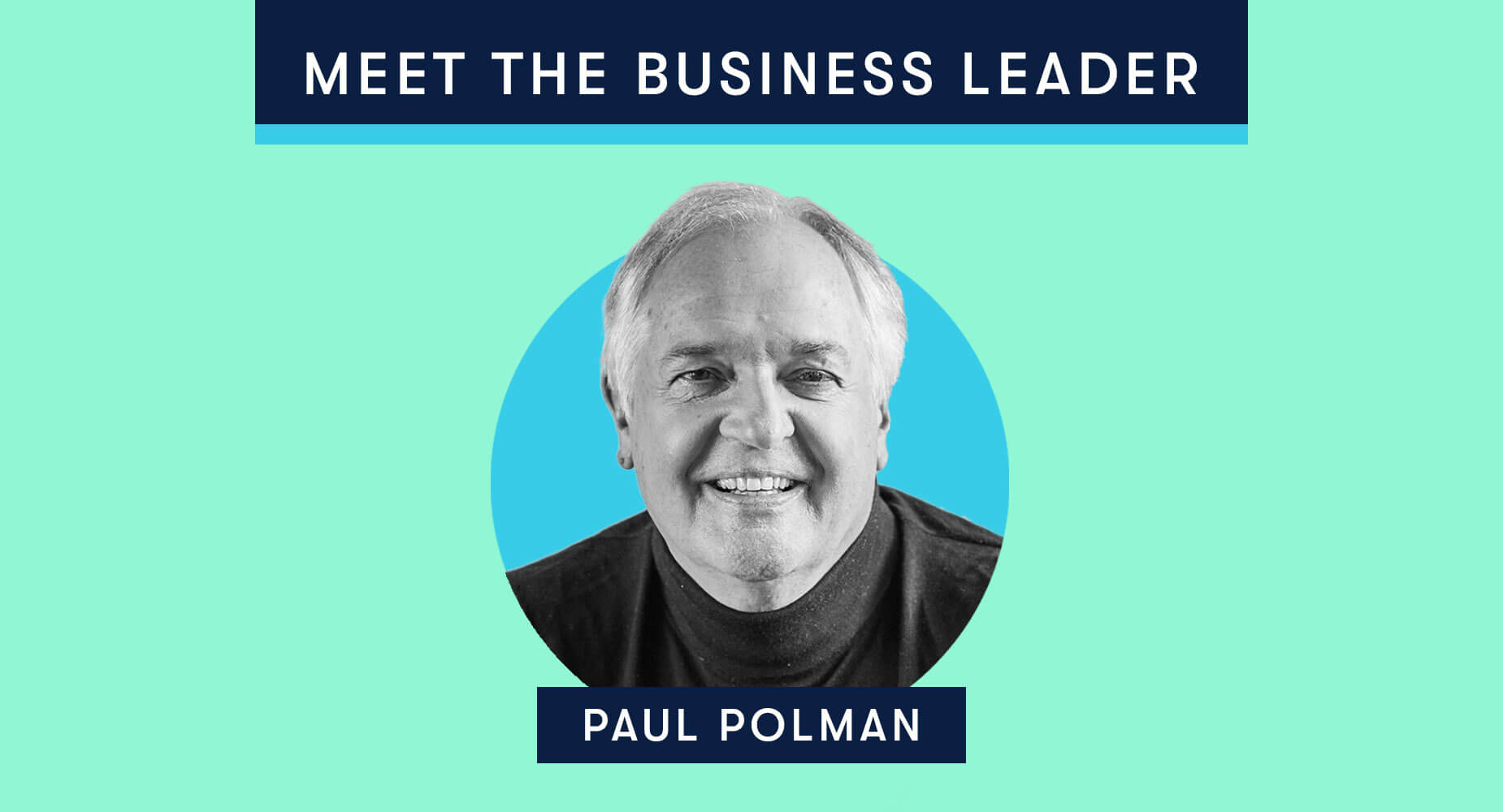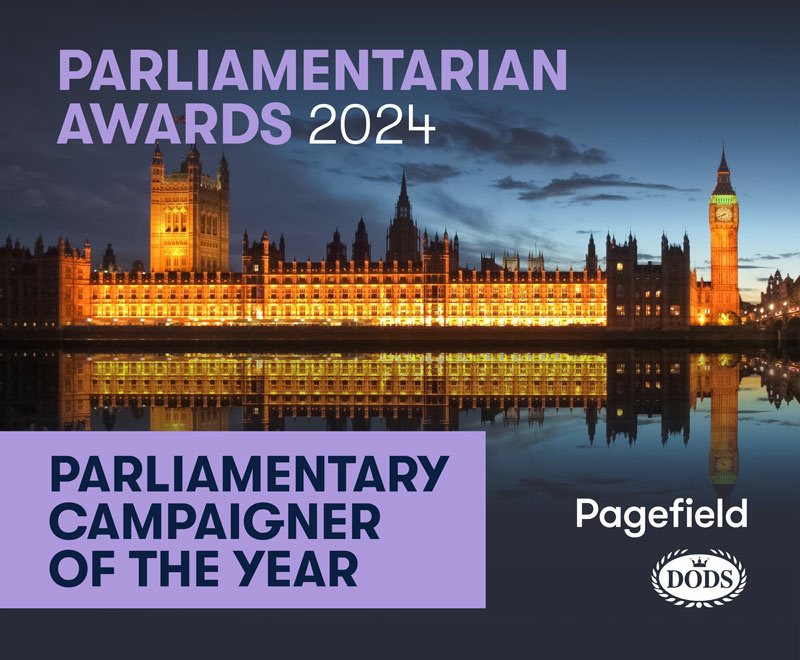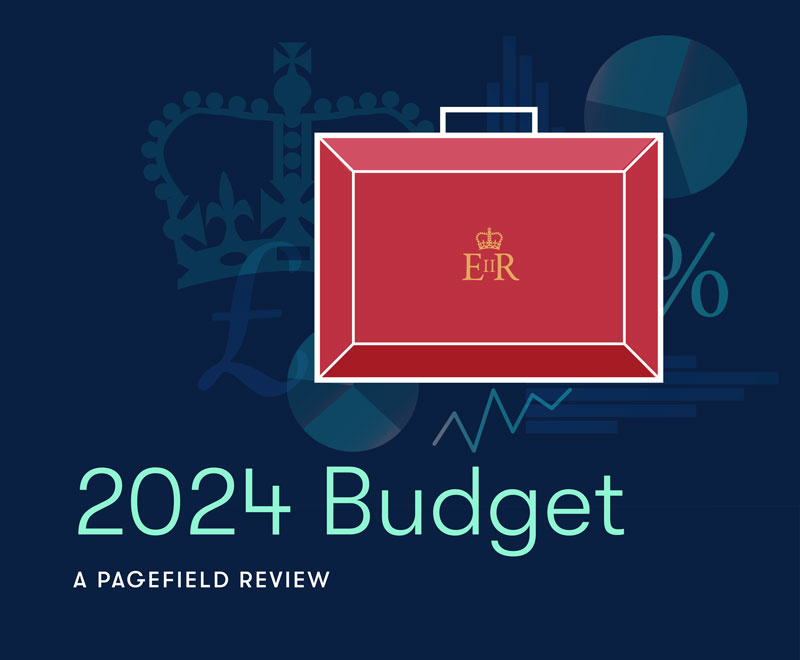As one of the world’s leading business leaders, Paul Polman is well placed to talk about how large corporations can tackle today’s major issues. Having recently written a book, ‘Net Positive: How Courageous Companies Thrive by Giving More Than They Take’, Paul sat down with Pagefield to discuss key challenges affecting the business world, and how we can tackle them. Here’s five things we learned:
A guidebook for changing the world
Paul began by discussing the focus of his new book and the message it was trying to send.
He was clear that people broadly understand the challenges facing the world – whether inequality around race, economics, or the climate – but struggle with how to deliver change.
He stressed that we need to act now, given the impact humans have had on the planet in a comparatively short time. If you imagine the Earth is 46 years old, he said, the Industrial Revolution began one minute ago – yet in that minute we’ve cut down near half the rainforests.
Paul used his book, therefore, to not just identify the challenges we face, but to explain how people can help deliver the positive transformation that tackles these challenges. Business leaders are particularly culpable, he says. They have abdicated their wider responsibilities to society at the expense of shareholder interests in recent decades.
Not just ‘net-zero’… but net positive
Discussing his interactions with business leaders, Paul said net-zero ambitions sometimes represented a ‘deceiving commitment’ from businesses.
Speaking to a major multinational business leader, Paul noted how proud the leader was that his company had committed to net-zero by 2050. In Paul’s view, that is kicking the can down the road – and missing the point.
Companies need to stop thinking about being ‘net-zero’ and move to being ‘net-positive’. That means taking stock of a company’s total impact on society, and more broadly helping deliver positive transformations in society. Only with that type of shift in thinking can businesses begin to tackle major issues facing the world.
Five key traits… and how to deal with resistance
Paul’s book outlines the five key qualities of a net positive leader: a sense of purpose, duty, and service; empathy; courage; an ability to inspire and show moral leadership, and a desire to seek transformative partnerships.
But what if a net-positive CEO faces resistance to delivering change? Ultimately, Paul says changes to the makeup of boards to ensure they are more diverse, and working collaboratively with your Chair, will help overcome these challenges.
Paul used the example of how, at Unilever, his board was at first all white men – until he brought a more diverse range of people to the boardroom table, and with them a change in outlook and approach that helped broaden its ability to deliver the change Paul wanted to see through the company.
COP26 and beyond
When asked for his views on the COP26, Paul said that it has been ‘a political overachievement but a scientific underachievement’.
Having picked up on the momentum established in Paris, many positive strides were made in Glasgow, including nature-based solutions being recognised for the first time at a COP. But more work is needed.
Looking ahead to the COP in Egypt this year, Paul believes expectation management will be necessary to ensure momentum isn’t lost. With the significant commitments made at Glasgow only a year ago, and the Ukraine conflict rightly occupying politics , Paul believes it will be difficult to deliver momentous progress.
…and finally, some reasons to be cheerful.
While Paul’s book, and much of the discussion, naturally focused on huge challenges facing society that could prove to be an existential threat, Paul believes there are at least three reasons to be cheerful.
First, technology is advancing at a pace that continues to surprise us, and will ultimately help deliver solutions to upcoming crises. Secondly, we have reached a point where – as with COVID-19 – inaction carries a higher cost than intervention. This means moral and financial interests are beginning to align on issues such as climate change. Finally, Paul believes the younger ‘Generation Z’ are showing their purpose-driven nature through wanting a seat at the table to solve the problems of tomorrow. This, he says, fills him with hope that these challenges can be met.




